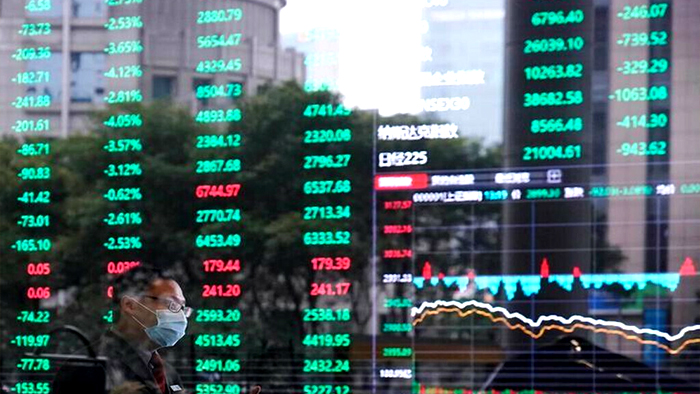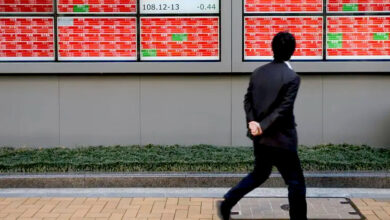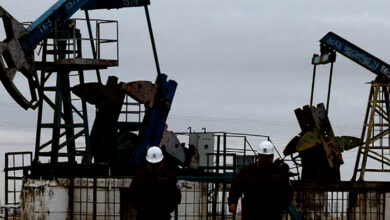With rising crude prices and optimism about China, Asian stocks rise before the holiday.

Asian stock markets and crude oil both went up on Friday as markets got ready for the Lunar New Year holidays. Investors were hopeful that China would reopen after strict COVID restrictions were lifted, which happened on Thursday.
At the same time, the U.S. dollar got stronger after being near its weakest point since May, and the yields on U.S. Treasury bonds went up as investors thought about the likelihood of more tightening by the Federal Reserve and the risks of a global recession that would come with it.
The yields on Japanese government bonds stayed low two days after the Bank of Japan ignored investor pressure to loosen controls on the yield curve even more.
Related: Japan’s Nikkei goes up a lot, and Asian stocks go up slowly as a result of the dovish BOJ.
The Hang Seng in Hong Kong went up 1.5%, and mainland blue chips went up 0.57%.
The yen’s drop helped the Nikkei in Japan gain 0.56%. South Korea’s Kospi went up by 0.63 percent, making up for a loss earlier, and Australia’s benchmark went up by 0.23 percent.
Even though the S&P 500 lost 0.76% on Wall Street overnight, Asian markets went up. At the reopening, E-Mini futures showed a small bounce, going up 0.2%.
German DAX futures went up 0.47 percent, and FTSE futures went up 0.48 percent.
Chinese Vice Premier Sun Chunlan, who is in charge of the country’s virus response, said the outbreak was at a “relatively low” level, state media reported late Thursday. This was just before a large number of people moved for the Lunar New Year holiday, which lasts for a week.
During the Wall Street session, investors were worried about more Fed tightening because of strong U.S. employment data and new hawkish comments from central bank officials. Now, investors are more optimistic.
The number of jobless claims each week was lower than expected, which shows that the job market is tight.
Susan Collins, president of the Boston Fed, said that the central bank would probably need to raise interest rates to “just above” 5% and then keep them there. Lael Brainard, vice chair of the Fed, said that even though inflation has recently slowed down, it is still high and “policy will need to be sufficiently restrictive for some time.”
An analyst at IG named Tony Sycamore said that the comments by “usually reliable Fed dove” Brainard are “adding to fears of a rate hike.”
“The job market is just a little too hot to slow down,” Sycamore said.
The market thinks that the policy rate will be just below 5% in June, which would mean another tightening of just over 50 basis points.
“I’d argue the market has moved on, feeling confident we’re close to the end of the hiking cycle,” wrote Chris Weston, head of research at Pepperstone, in a note. “The debate, at least in the US, is whether the Fed will start to cut from Q3.””USD remains heavy, but clients aren’t sure, and the skew in positioning is for the USD to bounce.”
The dollar index, which compares the dollar to six other currencies like the euro and the yen, went up by 0.14% to 102.17, putting it further away from the 7-1/2-month low of 101.51 that was reached on Wednesday.
The benchmark 10-year Treasury yield was around 3.415%. It had bounced back from 3.321%, which was the lowest level since mid-September.
Related: Asian stocks go up because people think China will get better and the Fed will raise interest rates less.
Equivalent JGB yields dropped by 0.5 basis points to 0.4%. They have been hovering around this level since they were brought down from above the BOJ’s 0.5% policy ceiling on Wednesday, when the central bank decided not to make any more changes to how it controls the yield curve.
In other places, the price of crude oil kept going up. Brent futures for delivery in March went up 30 cents, or 0.35 percent, to $86.46 a barrel, while U.S. crude went up 49 cents, or 0.6%, to $80.82 a barrel.





